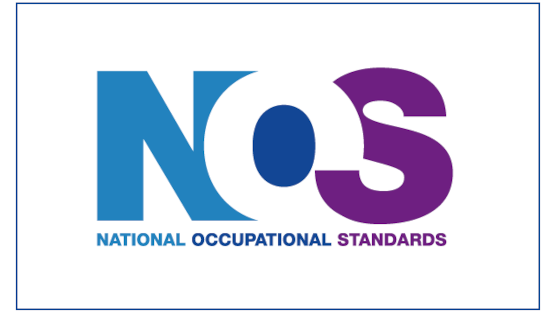What NOS are
National Occupational Standards (or NOS) define best practice within a sector or occupation. Sector Skills Councils (SSCs) and other standards setting organisations have a responsibility to work systematically with employers and other key partners across the UK to develop and refine NOS.
NOS provide statements of effective performance for the activity delivered and the outcomes achieved and represent a consensus view of a range of employers and stakeholders of best practice for each particular function.
Originally developed by Sector Skills Councils for the UK as a whole; skills policy in England has shifted away from NOS and they are currently managed by Skills Development Scotland (SDS) on behalf of the three devolved administrations. In England there are Standards for the Higher Apprenticeship: Career Development Professional and the Apprenticeship: Employability Practitioner.




